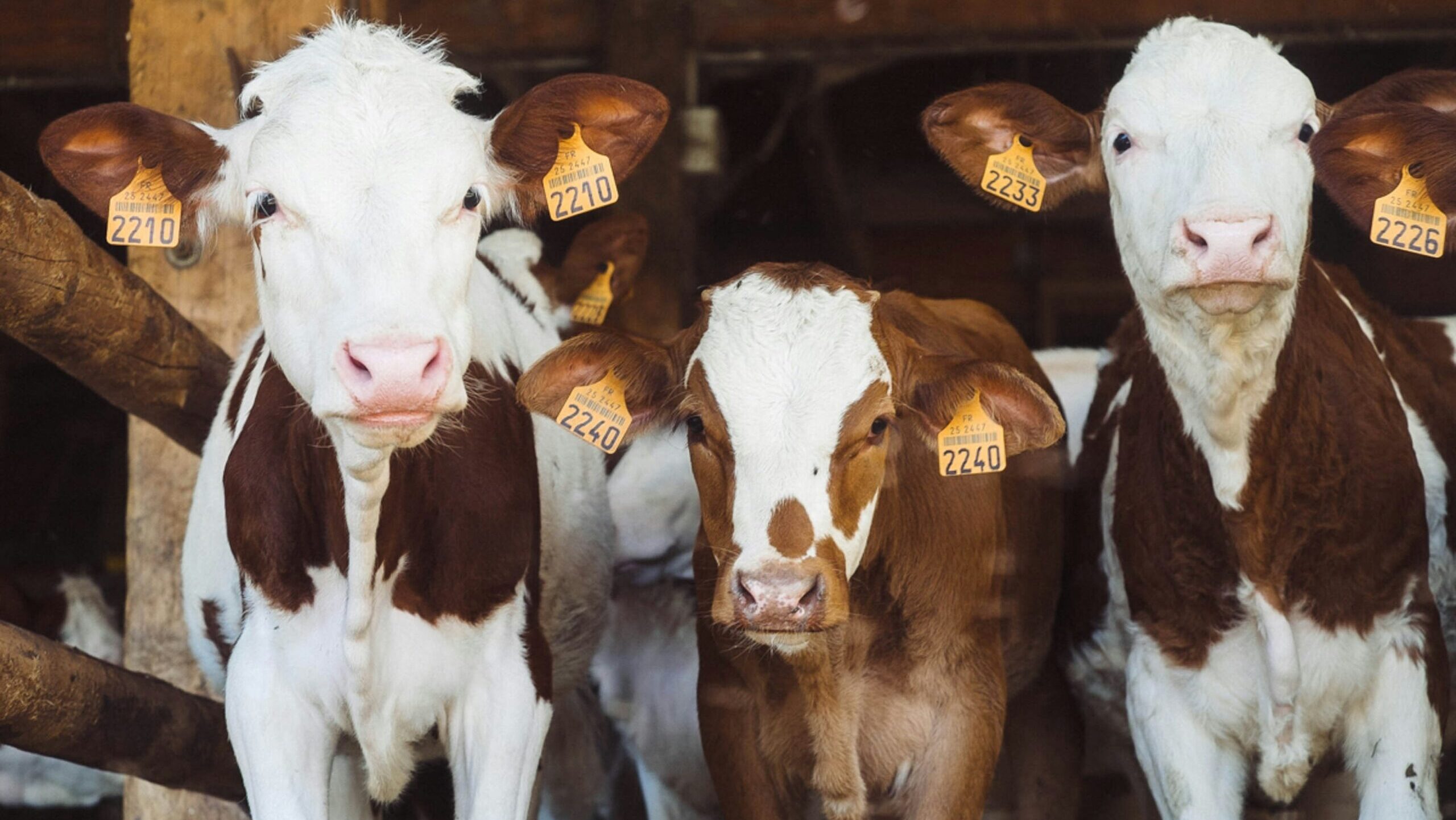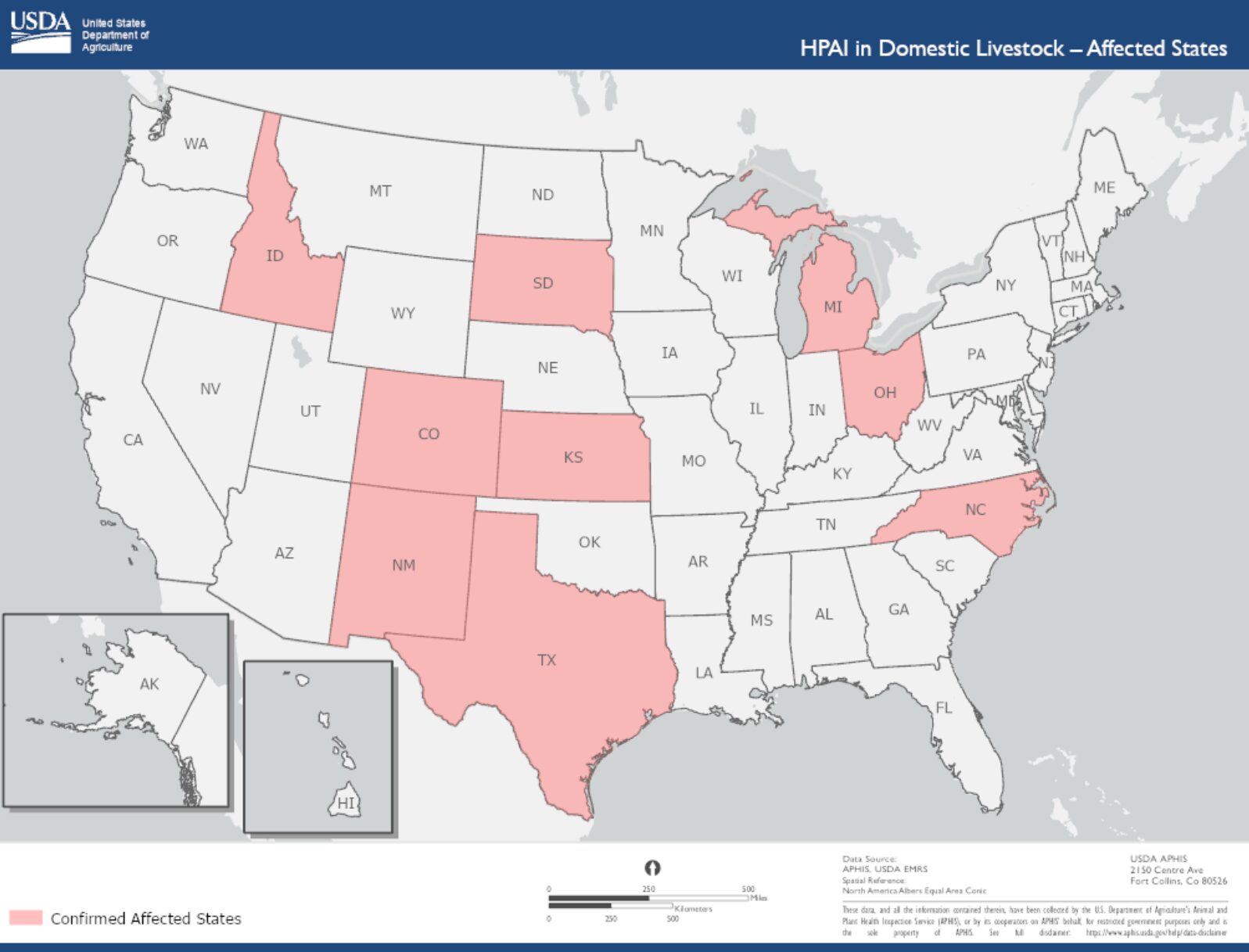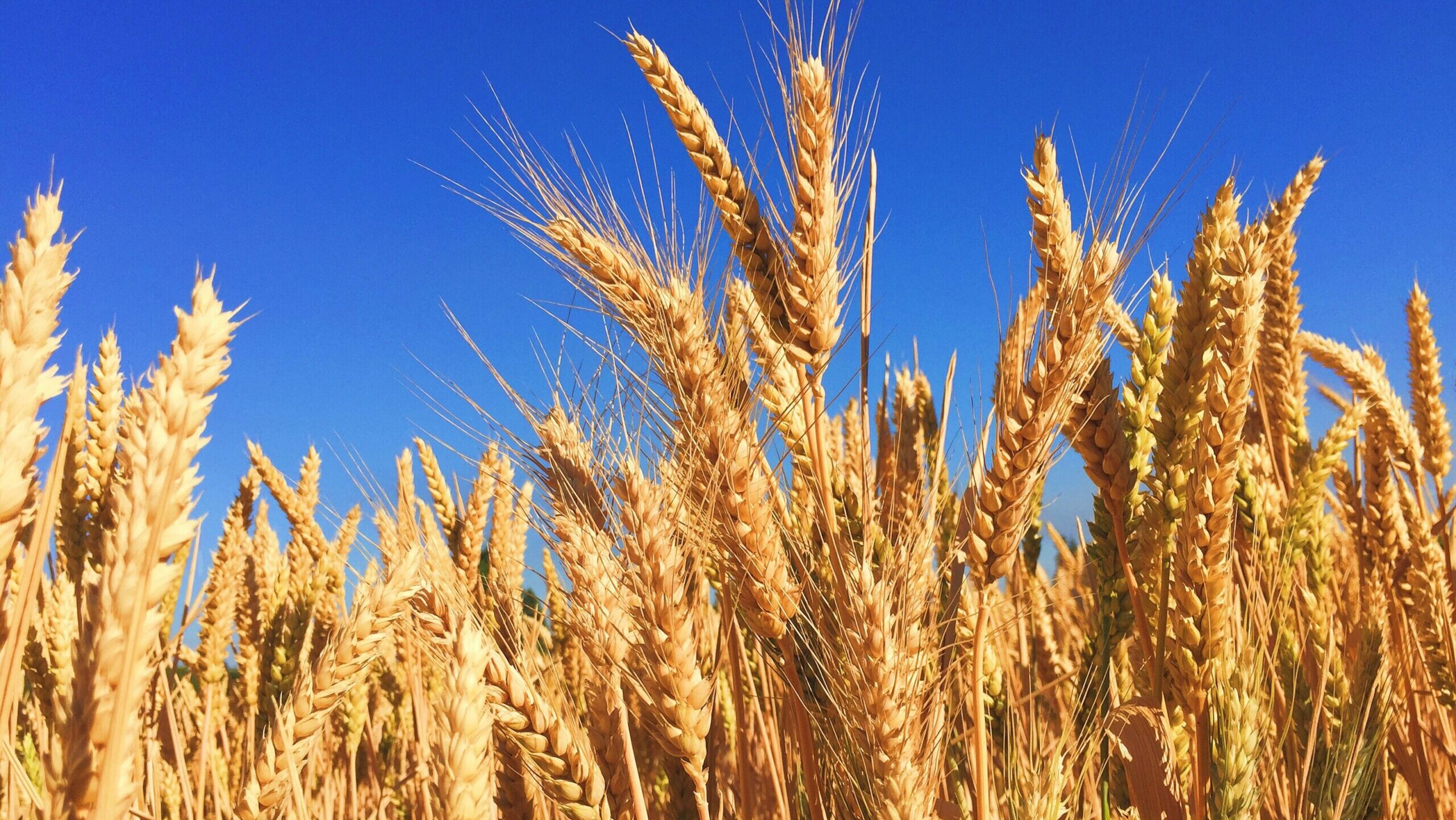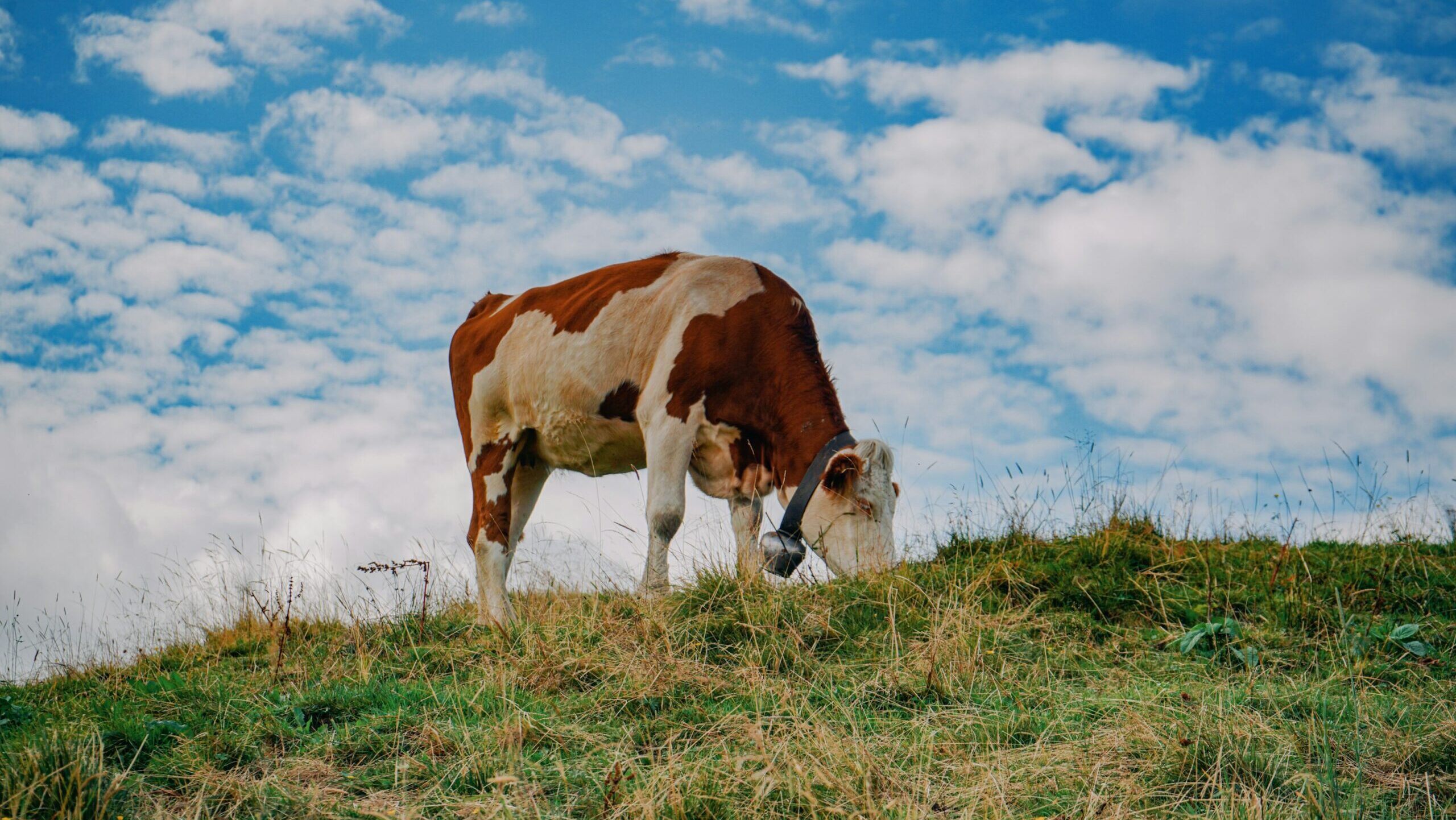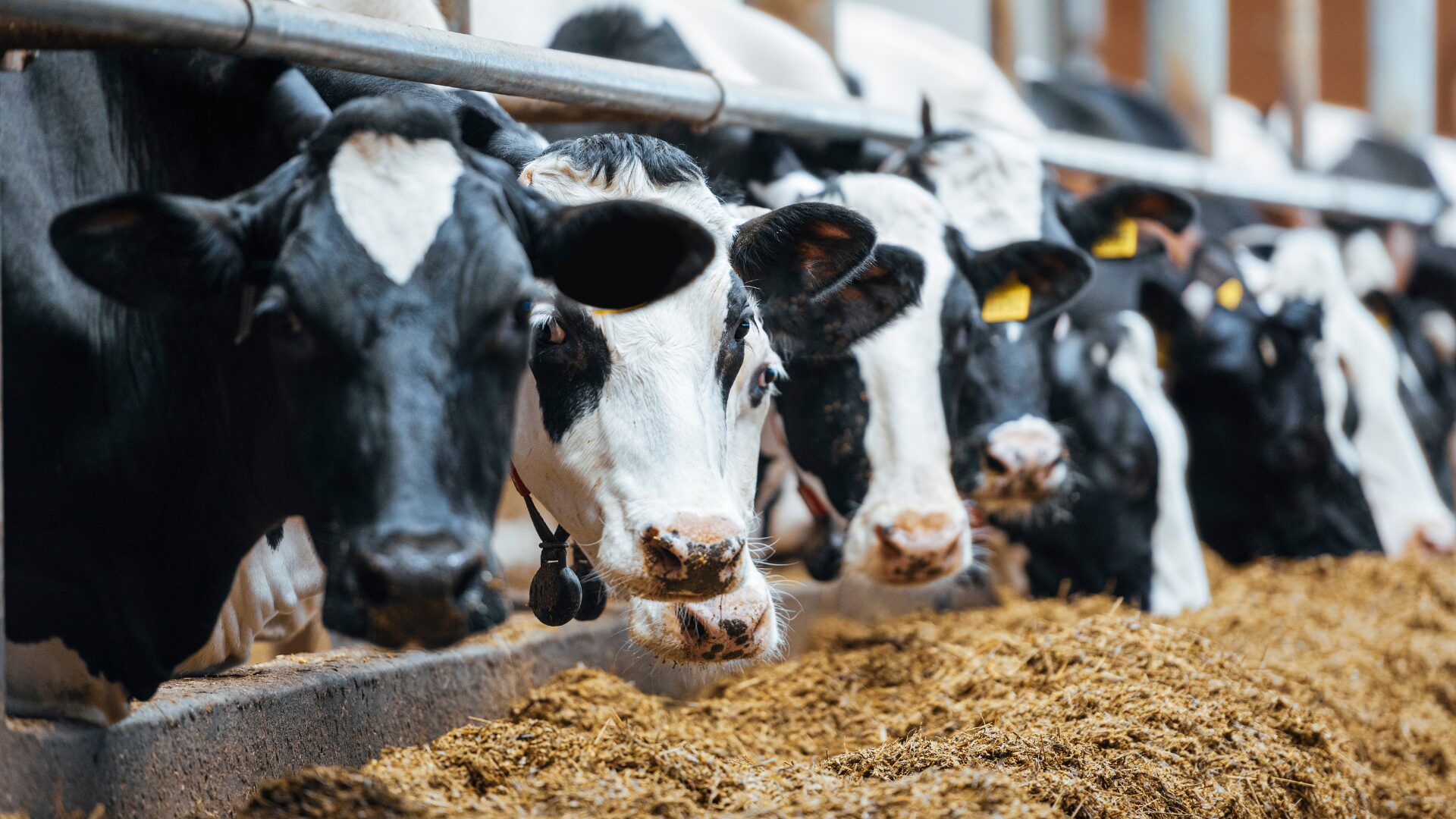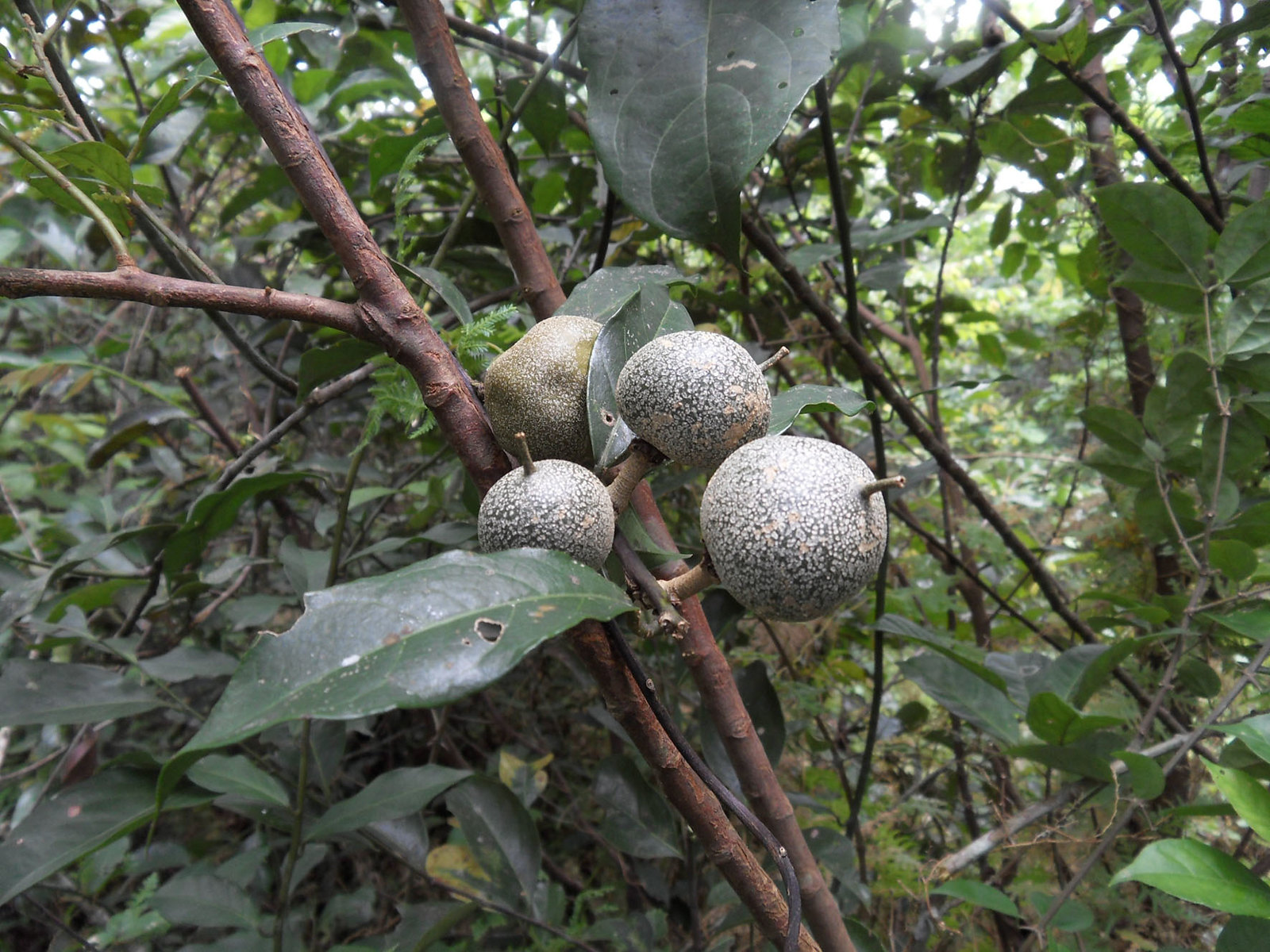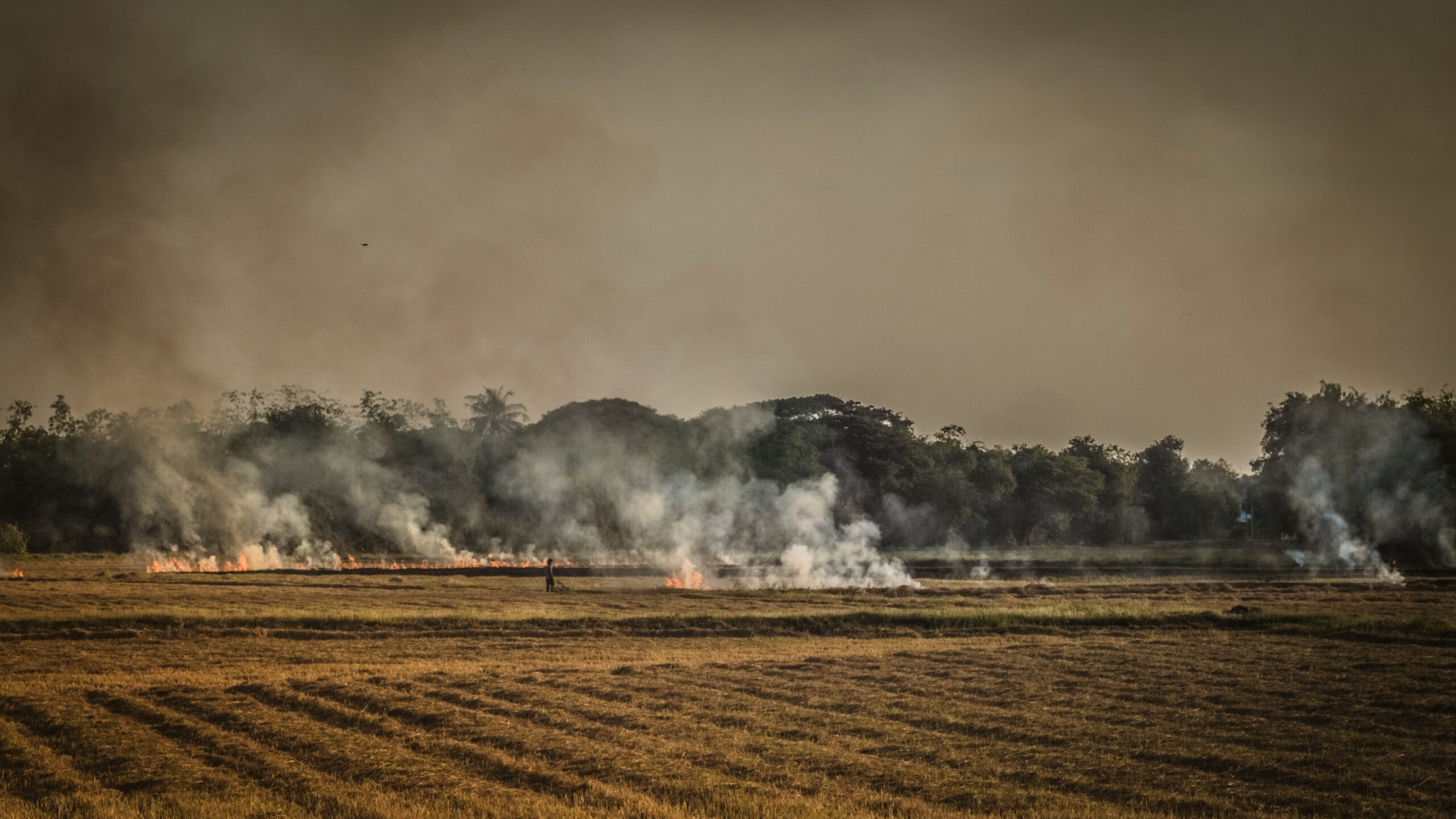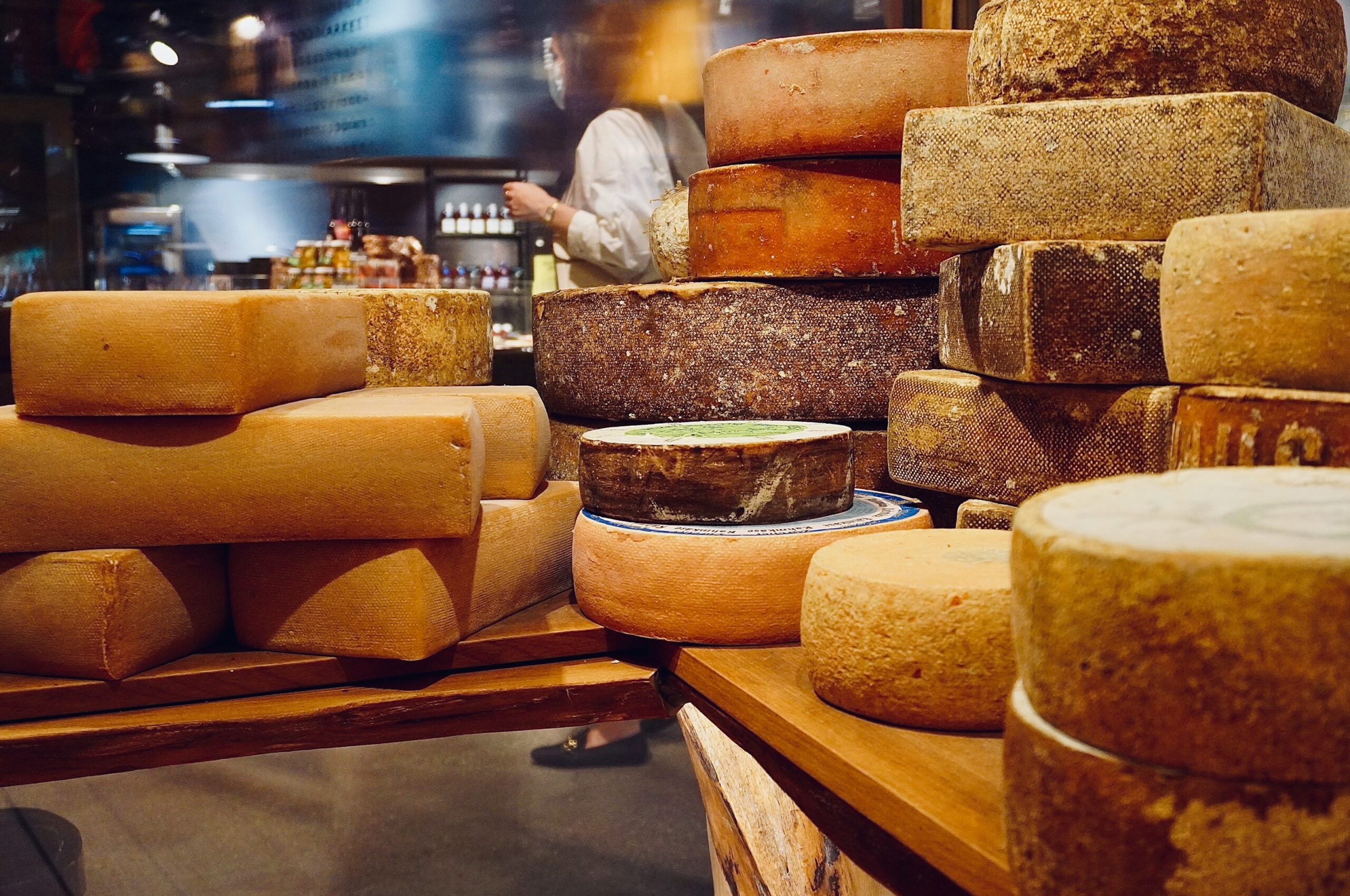The Highly Pathogenic Avian Influenza (HPAI) outbreak, previously confined to avian species, has made a significant crossover to the dairy sector, affecting dairy cows across several U.S. states and raising concerns about the safety of dairy products and the potential for human transmission.
Dairy Safety and the Effectiveness of Pasteurization
Recent updates from the FDA indicate that ongoing national testing of retail dairy products demonstrates the efficacy of the pasteurization process in inactivating the HPAI virus. These results come from a sample size of 297 retail dairy products and provide reassurance about the safety of commercially available dairy goods. The tests show no trace of a live, infectious virus in pasteurized products, supporting the FDA’s standing recommendation against consuming raw milk and raw milk products.
The FDA, in coordination with the USDA, is also examining pooled raw milk routed for pasteurization to characterize potential virus levels. This proactive approach aims to further validate the efficacy of pasteurization processes against HPAI.
Impact on Dairy Cows and Production
The USDA has identified HPAI in 36 dairy herds across nine states as of May 2, 2024, signaling a concerning spread among cattle, primarily through contact with contaminated feed or water introduced by wild birds. When we last discussed this topic in early April, only six states had infected herds.
Dairy farmers are advised to monitor their herds closely for signs of illness and to maintain stringent biosecurity measures. Milk from infected cows is being discarded to prevent any risk of contamination, although the USDA and FDA confirm the safety of pasteurized dairy products.
Human Health Risks and Monitoring
While the primary risk of HPAI remains within bird populations, the detection of the virus in a dairy farm worker in Texas has escalated concerns about the zoonotic potential of the disease.
The infected individual exhibited only mild symptoms and was treated effectively with antiviral drugs. Health authorities, including the CDC, have heightened surveillance of the virus, particularly among individuals with direct exposure to infected animals. No additional cases of human infection have been confirmed thus far, and health officials consider the risk to the general public to be low.
Gregory Gray, an infectious disease epidemiologist at the University of Texas Medical Branch in Galveston, has reason to suspect that the number of human cases may be higher.
“We know that some of the workers sought medical care for influenza-like illness and conjunctivitis at the same time the H5N1 was ravaging the dairy farms,” he said. “I don’t have a way to measure that, but it seems biologically quite plausible that they too, are suffering from the virus.”
Regulatory and Health Responses
In response to the outbreak, health agencies have intensified monitoring and testing of both dairy and meat products. Recent tests on ground beef in states with detected HPAI in dairy herds have all returned negative, confirming the current safety of the meat supply.
Authorities remain vigilant, however, for any genetic changes in the virus that might indicate an increased risk of transmission among humans or other mammals.
Consumer Confidence and Market Impact
Despite the assurance of safety provided by health authorities, there is concern about potential impacts on consumer confidence and dairy product prices. Market responses have been stable, however, with no significant fluctuations in milk prices, likely due to the effectiveness of current safety measures and the sufficient supply of milk during the spring season.
Conclusion
The ongoing HPAI outbreak in the dairy sector represents a complex challenge, bridging public health, veterinary care, and agricultural management. While the direct risk to human health hopefully remains low, the situation demands continuous monitoring and prompt response to any new developments.
The Food Institute Podcast
How does one jump from aerospace engineering into plant-based chicken nugget production? That’s exactly the leap that Christie Lagally, CEO & Founder of Rebellyous Foods, took in search of producing a healthier chicken nugget. Learn more about her company’s focus on animal welfare, environmental sustainability, and human health in this episode of The Food Institute Podcast.


